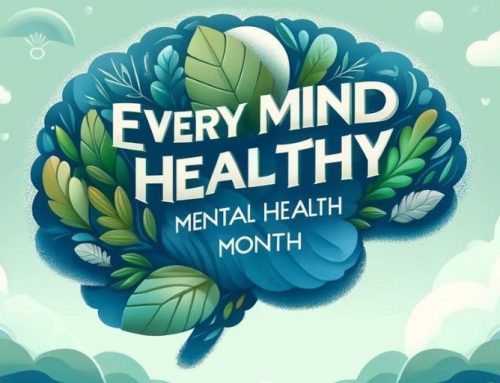This May is Mental Health month and it’s a great opportunity to learn a few facts about Mental Health Disorders in the U.S.
Many of us have heard rumors and myths about mental health disorders. Are they rare? Do they affect children? Do they let people work and have a normal life? Can you recover from a mental health disorder? Can you or can’t you help an individual with a mental health problem? People apparently have a false opinion and fail to understand the true facts about these questions, and many others.
Furthermore, the problem becomes larger when you consider how mental helth disorders relate to the loss of lives. Suicide is the 10th leading cause of death in the U.S with nearly 45,000 Americans dying every year by suicide. 90% of these individuals had an underlying mental illness which may have affected their decision to end their lives. In other words, mental health disorders are directly related to loss of lives.
Other Facts relating to Mental Health Disorders :
♦ 1 out of 5 children and adolescents have a mental disorder or illness.
♦ Approximately 1 in 5 adults in the U.S.—43.8 million, or 18.5%—experiences mental illness every year.
♦ Mental disorders are important risk factors for other diseases like cardiovascular disease and diabetes.
♦ Discrimination against patients (and families) is the main reason that people with mental problems do not seekmental health care.
♦ More than 70% of the Americans with a mental illness have jobs and normal lives.
♦ Depression, the most common mental disorder, is the leading cause of disability worldwide.
♦ Large wars and natural disasters are causes of mental health problems and affect psychological well-being.
♦ Human rights violations of people with mental problems are very frequent.
♦ Over 70% (and in some categories almost 90%) of people with mental problems improve their quality of life and have much less symptoms when they have proper treatment.
Mental Health disorders are a major issue in our times. There are however treatments which can be very helpful to patients with mental health issues, some of which can lead to full recovery. At the same time, family and social environment play a huge role in a mental health process, so if you have someone with a disorder get yourself informed about behaviour that will help and not hinder.
Resources:
Nami.org
mentalhealth.gov
nih.gov
#IntoMentalHealth







